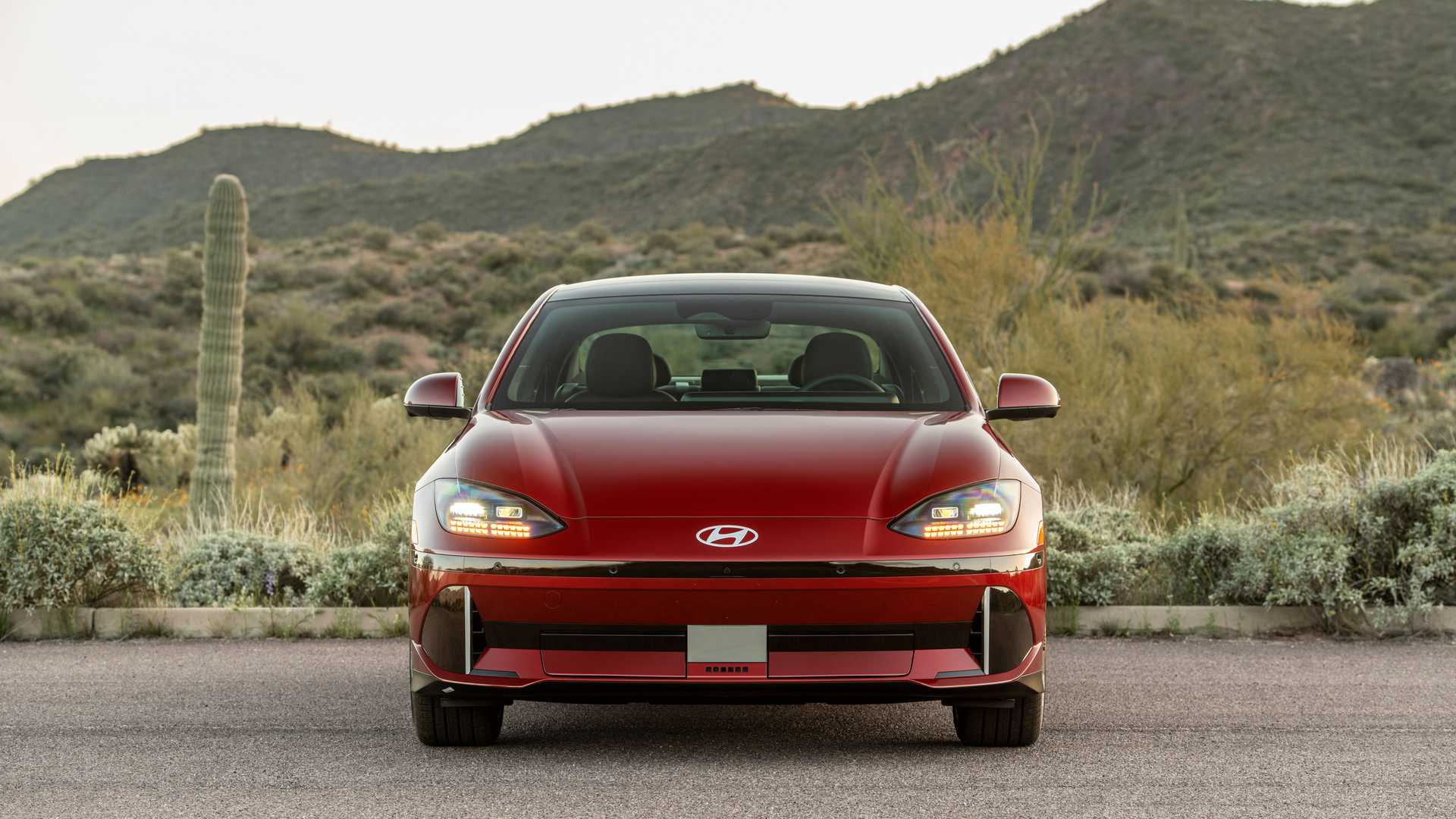
Hyundai has made some important announcements today at its 2023 CEO Investor Day event in Seoul, South Korea.
Under a new EV strategy called the "Hyundai Motor Way," the automaker aims to rapidly ramp up volume, efficient manufacturing, and flexible product engineering to cut costs. As a result, profit margins are expected to increase, with Hyundai targeting margins of 10 percent on its upcoming EVs by 2030.
This will be enabled by the new electric vehicle platform called Integrated Modular Architecture (IMA) that Hyundai plans to launch as a replacement for the current E-GMP architecture. That's because IMA will standardize modules and parts between the models to further expand economies of scale and significantly reduce EV development complexity and costs.
The automaker said the new platform will be used by 13 dedicated EV models from the Hyundai, Kia, and Genesis brands through 2030.
As part of this profit-driven strategy, Hyundai noted it would build more EVs in mixed production with internal combustion vehicles at existing assembly plants.







That said, Hyundai is also investing in dedicated EV line, including a factory in Georgia set to open in 2024 and another in South Korea scheduled to go online in 2025.
The carmaker also announced details about the rollout of next-generation batteries, which will include lithium-iron phosphate (LFP) packs from 2025 and improved nickel-cobalt-manganese batteries. In addition, Hyundai said it is developing lithium-metal and solid-state batteries, with solid-state pilot production being prepared.
Overall, Hyundai brand CEO Jaehoon Chang said the company would invest more than $28 billion (35.8 trillion won) over the next 10 years in electrification under the "Hyundai Motor Way" roadmap, including $7.45 billion (9.5 trillion won) for batteries. The rest will be allocated to the new modular EV platform and increasing the brand's global production capacity for EVs.
Chang said global EV sales are growing faster than originally forecast, which is why Hyundai is stepping up investment to keep up with expanding global demand.
Hyundai also raised its sales forecast to 2 million EVs a year by 2030, up from its earlier target of 1.87 million. For comparison, sister brand Kia, which will use a version of the new IMA platform, expects sales of some 1.6 million EVs by 2030.
The group total of 3.6 million EVs in 2030 is similar with the 3.5 million targeted by Toyota in the same time frame.







